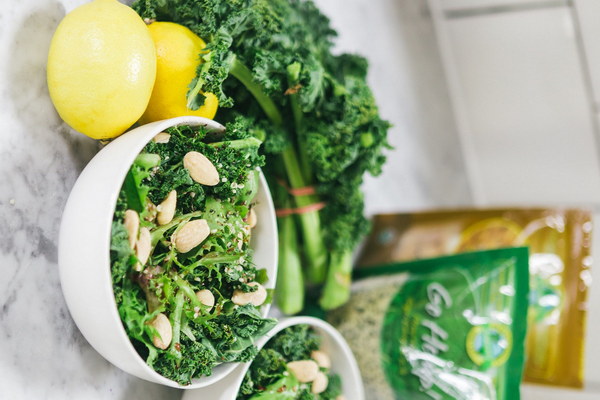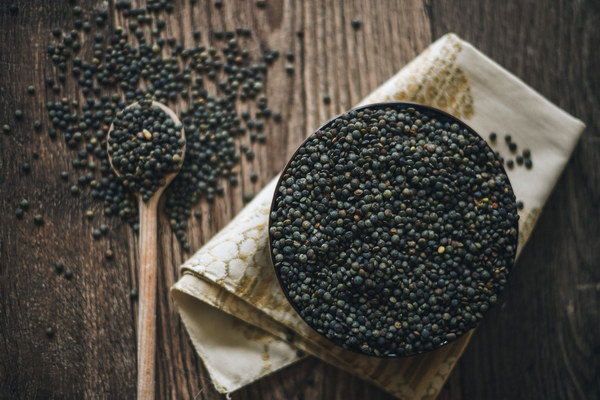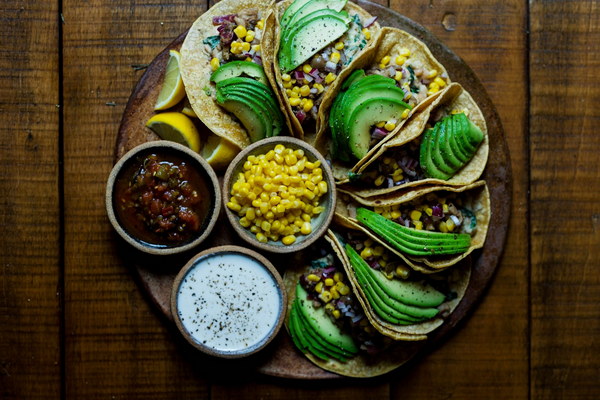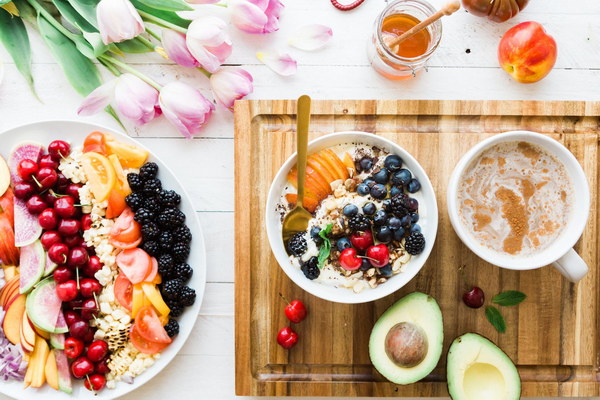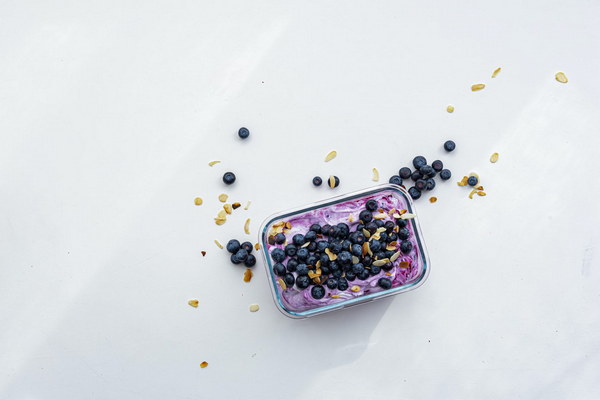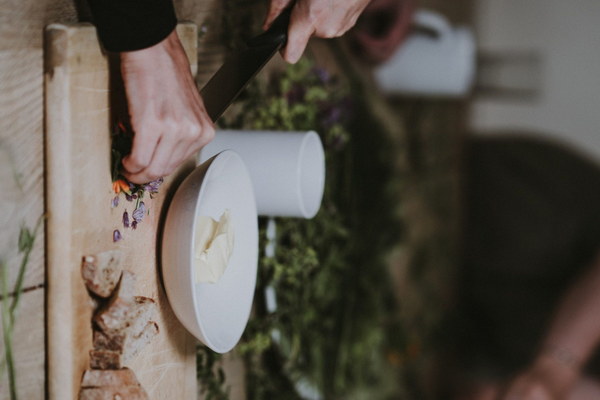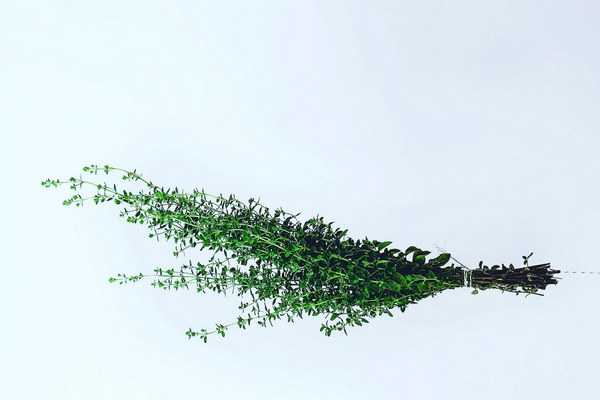Jingshenjinzhang Effective Strategies for Alleviating Gastric Bloating and Nourishing Your Stomach
Gastric bloating is a common issue that many people face, often causing discomfort and unease. It is important to address this problem promptly and find ways to nourish your stomach to maintain good health. In this article, we will explore the concept of Jingshenjinzhang and provide you with practical strategies to alleviate gastric bloating and promote stomach health.
What is Jingshenjinzhang?
Jingshenjinzhang is a traditional Chinese concept that emphasizes the importance of balancing the body's energy and maintaining harmony between the mind, spirit, and physical well-being. By following the principles of Jingshenjinzhang, you can achieve a balanced lifestyle and improve your overall health, including your digestive system.
1. Understanding Gastric Bloating
Gastric bloating occurs when the stomach is filled with excess gas, which can cause discomfort, pain, and a feeling of fullness. It can be caused by various factors, such as eating too quickly, consuming certain foods, or underlying health conditions. To address this issue, it is essential to understand its causes and implement appropriate measures to alleviate symptoms.
2. Strategies for Alleviating Gastric Bloating
a. Mindful Eating: Practicing mindful eating is crucial in preventing and managing gastric bloating. By slowing down and savoring each bite, you allow your stomach to process food properly and reduce the amount of air swallowed. Additionally, eating in a relaxed environment can help prevent stress-induced bloating.
b. Food Choices: Some foods are more likely to cause bloating than others. Avoiding or reducing the consumption of high-fiber foods, carbonated beverages, and gassy foods such as beans, broccoli, and cauliflower can help alleviate symptoms. Instead, focus on nutrient-rich foods that are easy to digest, such as bananas, rice, and lean proteins.
c. Proper Hydration: Drinking plenty of water can help maintain healthy digestion and reduce bloating. Ensure you consume at least eight glasses of water daily and try to avoid drinking water during meals.
d. Regular Exercise: Engaging in regular physical activity can promote better digestion and reduce bloating. Exercise stimulates the muscles in the gastrointestinal tract, helping to move food through the system more efficiently. Aim for at least 30 minutes of moderate exercise most days of the week.
e. Probiotics: Incorporating probiotics into your diet can help maintain a healthy gut flora and reduce bloating. Foods rich in probiotics include yogurt, kefir, sauerkraut, and kimchi. Alternatively, consider taking a probiotic supplement after consulting with a healthcare professional.
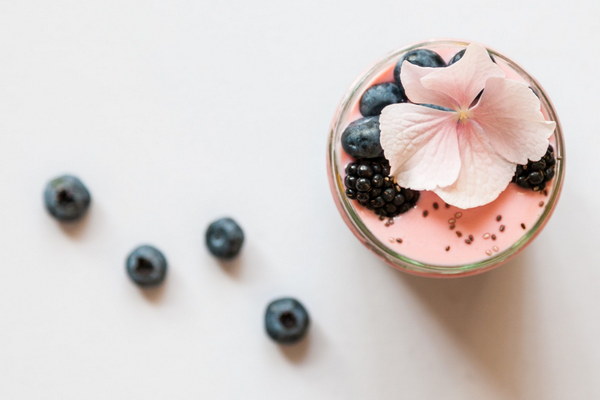
3. Nourishing Your Stomach
a. Herbs and Supplements: Certain herbs and supplements can help nourish your stomach and alleviate bloating. Examples include ginger, peppermint, and fennel, which can be consumed as teas or added to meals. Consult with a healthcare provider before starting any new supplement to ensure it is safe for you.
b. Acupuncture: Acupuncture is a traditional Chinese practice that involves inserting fine needles into specific points on the body. It can help regulate the body's energy flow and alleviate symptoms of gastric bloating. If you are interested in trying acupuncture, consult with a licensed practitioner.
c. Stress Management: Chronic stress can contribute to bloating and other digestive issues. Techniques such as meditation, deep breathing, and yoga can help manage stress and promote overall stomach health.
In conclusion, Jingshenjinzhang emphasizes the importance of balancing the body's energy and maintaining harmony between the mind, spirit, and physical well-being. By implementing the strategies mentioned above, you can alleviate gastric bloating and promote stomach health. Remember to consult with a healthcare professional before making significant changes to your diet or lifestyle.
